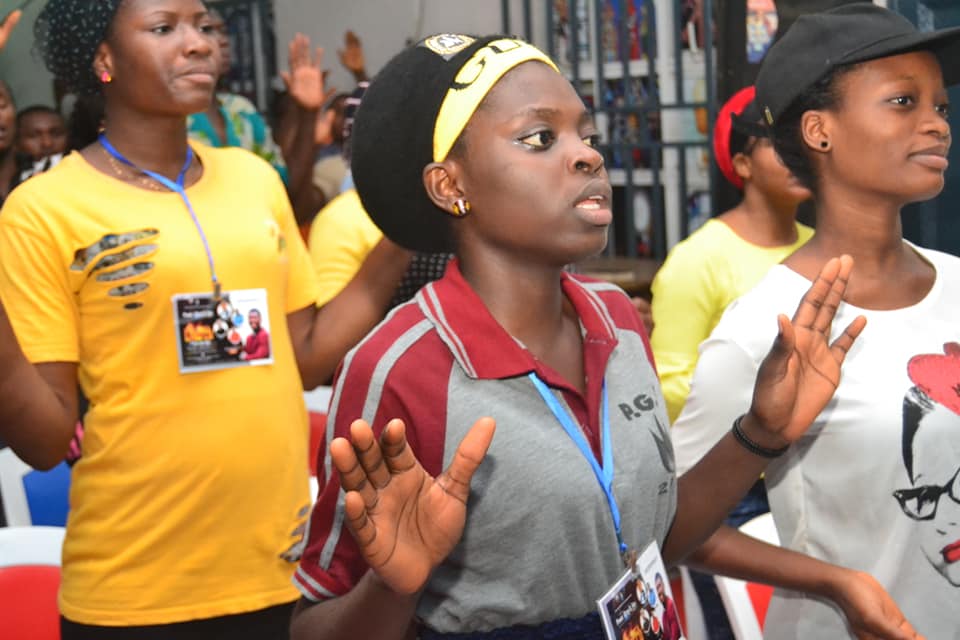Have you ever wondered why people feel comfortable not going to the church in Nigeria on Sundays these days?
Some years back, going to Church in Nigeria was a tradition. People feel so incomplete if they missed the Sunday routine services. In those years, most of the social activities were championed by the church. People met their spouses, discovered their talents, and build their businesses on the platform of the church. It was a norm to meet people that found it odd that someone would miss a church service.
Today, things are no longer what they used to be. Some young people only go to church during occasions like burials, Thanksgiving, weddings, or family outings. Some have not been to the church for more than a year. Oddly, youths do not feel bad to tell you they have missed the gathering of the faithful for a long time. Of all the factors that affected the religious culture of the people, Social Media is the chief.
Nigeria: The Role Of The Church In The 80s And 90s
Apart from the salvation role of the church in the 80s and 90s, it provided a major – and easily accessible – social platform for the people. In those days, only the rich could afford the few recreational clubs in the community. People found an alternative in Town Union meetings and forming social communities. They viewed partying houses in a negative light leaving the church as the only organization that accommodates the rich and the poor, the responsible and the outlaws.
Nigerians in the 80s and 90s showcased their beautiful wardrobes mainly during church activities. The youths had their departments, and the different committees in the church provided business opportunities.
Most of the musical artists and stage performers of the 80s and 90s were discovered in the church choir and drama groups. It was normal in those days for church members to gain visibility to either get a job or sell themselves. However, Social Media changed everything.
The Invasion Of Social Media
Social Media proved to be more flexible. With any low-cost smartphone, one can sign up to Facebook, Instagram, Tik Tok, and uncountable social media options. It reduced and eliminated the class and distance barriers. Social Media don’t wait for Sundays to offer most of the things the church offered. With Social Media, every day is a Sunday or any day you want it to be.
Social media do not judge anybody. It allows the rich and the poor, the responsible and the outlaw, the sane and the dimwits. No one needs to wait till Sundays to showcase their beautiful wardrobe, and the compliments from the digital media dwarf what the church members offered.
Again, Social Media came in with a more flexible platform for showcasing talent and gaining visibility.
The church is still holding strong the instrument of word of the mouth evangelism. However, Social Media provides flexible platforms that offer a virtual alternative to the traditional Sunday-Sunday church going in Nigeria.
Many families are intentionally cultivating the church-going tradition in their children, and many modern families neither go comply with the Sunday-Sunday churchgoing nor force their children. If the trend continues, a generation will come that won’t understand that missing a church service was a crime in the 80s and 90s.







